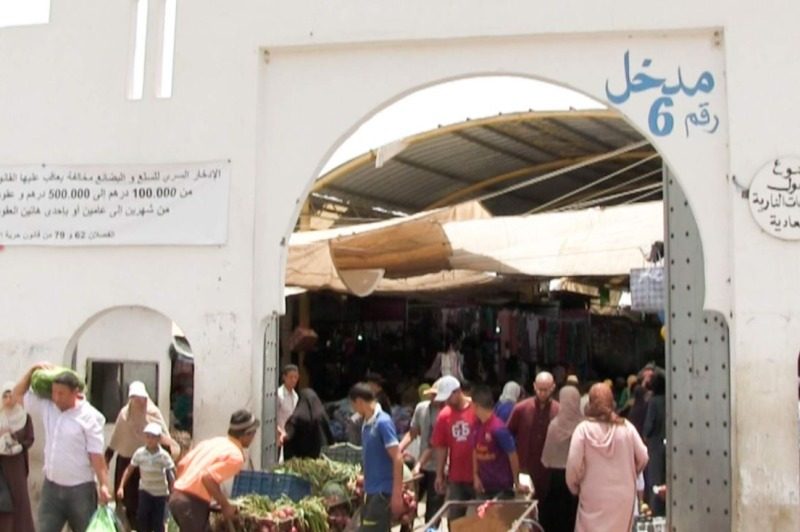
The CMC publishes a special on market instability and purchasing power

The Center Marocain de Conjoncture (CMC) has published a new issue of its monthly newsletter “Maroc Conjoncture”, in the form of a special entitled “Market instability: What support program for purchasing power? “.
This special, specifies the CMC, revolves around several axes, including in particular the unstable international environment, the resurgence of the inflationary cycle, the decarbonization process as well as taxation on work.
Thus, the new issue notes that under the multiple negative effects of an unprecedented health crisis, the world economy was bedridden and badly shaken at the end of 2019, adding that, infused with large budgetary doses through plans national recovery plans, it was able to fight the scourge in 2020 and was able to successfully get its head above water in 2021 and that despite this recovery, the consequences and trauma of this pandemic persist and weaken the foundations of economies the most seasoned nationals, starting from the industrialized countries to the least developed countries, passing through the so-called emerging ones.
In addition, the Center considers, in the axis relating to the resurgence of the inflationary cycle, that the current crisis does not resemble the crises that the world has known in the past, noting that this one is distinguished by its magnitude, its suddenness and by its impact, which has affected the entire world economy.
“Its shock, originating outside the economic sphere, affected both supply and demand. It is also distinguished by the extent of the measures taken to contain it. Its effects on the global economy are unprecedented. All economies were brought to their knees leading to a generalized recession in 2020. This crisis was only temporary in view of the encouraging performance achieved in 2021”, continues the Center.
It underlines in this sense that the most visible consequences of this crisis are a generalized rise in prices likely to slow down growth and to accentuate the tensions causing imbalances to emerge at different levels of the whole economy.
Regarding decarbonization, the CMC indicates that the European Union, Morocco’s main trading partner, is raising its climate ambitions and introducing a carbon border tax which should come into force in 2023, noting that this new situation requires Morocco to decarbonize great strides in its industrial production to preserve its competitiveness, and take advantage of the resulting opportunities in the economic, environmental and social fields.
“Certainly Morocco has ambitious strategies for sustainable development. But the urgency of the imperative of industrial decarbonization imposes on industrialists and public authorities to accelerate their action”, notes the Moroccan Economic Center.
On another axis, the CMC considers that investment is one of the main drivers of a country’s economic growth, and therefore of the creation of wealth and jobs.
To conclude that “this is what explains why countries compete with measures and incentive policies to create conditions conducive to the promotion of national investment and the attractiveness of foreign investment”.
.
